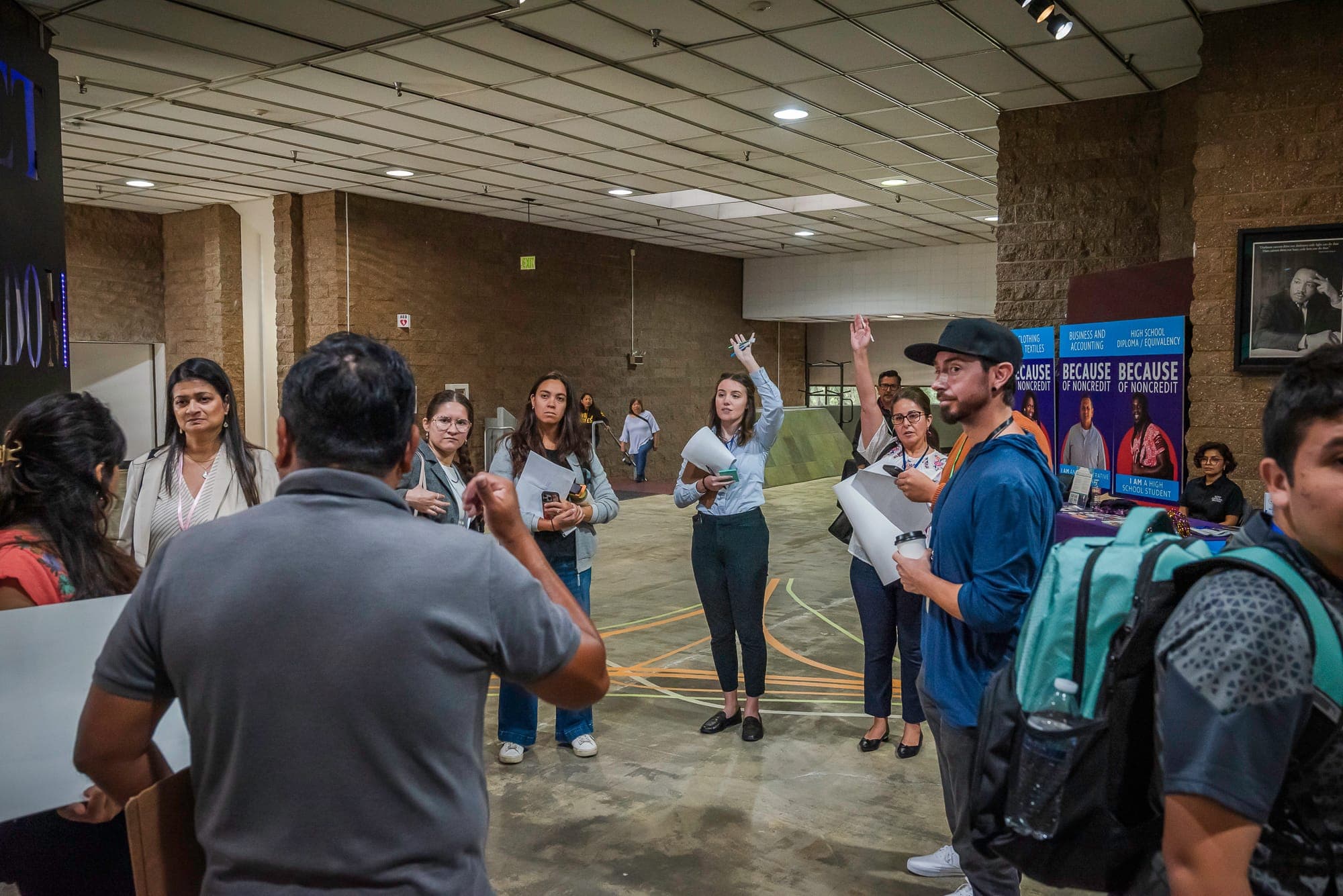
News
By Kennedy O'Dell, June 23, 2025
Last week, the Senate released its version of a comprehensive tax package. In a potentially huge win for community development stakeholders, the bill proposes making several key federal community development tax incentives permanent. While this would be an important win, the bill does not provide new tools to further support key priorities like affordable housing and economic development in the areas that need it most.
Over the past several weeks, the Republican-controlled Congress has continued its work on drafting a sweeping set of changes to the tax code that will shape the future of development and impact smart growth efforts nationwide. The federal tax code serves as a critical vehicle for steering development through incentives such as the Low-Income Housing Tax Credit (LIHTC), the New Markets Tax Credit (NMTC), and the Opportunity Zones program. The near-term fate of these incentives is tied to the passage or failure of the package.
In contrast to the previously released House version, the Senate bill makes significant strides for community development by making several successful long-standing programs, including LIHTC and NMTC, permanent. However, the bill stops short of expanding the community development toolbox to provide much-needed tools for revitalization and affordable housing development. The Senate draft is not the final product–the differences between the House and Senate versions must be resolved–but it appears unlikely that entirely new provisions will be added to the draft whole cloth. While refinements to the Senate text are likely to continue, it offers the most up-to-date glimpse at what tools will be on the table to finance local development projects, from affordable housing to brownfields remediation, and what types of projects the Republican majority is prioritizing.
Need a refresher on the House tax bill? Check out our previous blog.
Key credits made permanent
In the Senate tax bill, the popular and bipartisan LIHTC and NMTC are made permanent, rather than extended for a set number of years. The House bill, by contrast, would have only expanded LIHTC for a few years and did not include any extension of the NMTC. Each of these incentives attracts capital to lower-income communities, either by providing a tax credit to investors who provide funding for the construction of affordable housing or providing a tax credit to investors who make equity investments in community-based development entities, which in turn provide loans and investments to local businesses. Permanence is a major win for the community development community because it provides stability and makes the continued existence of both programs the status quo by eliminating looming sunset dates. Both bills also protect tax exemptions for municipal bonds, which are a critical tool communities use to finance essential infrastructure like schools, libraries, hospitals, bridges, water management systems, and certain housing projects.
Mixed bag on Opportunity Zones
Both the Senate and the House bills doubled down on the Trump-era policy of Opportunity Zones, a tax incentive for certain investments in specific distressed census tracts, by extending the period of time the incentive can be utilized into the future. However, while the House bill provided a short-term extension, the Senate bill seeks to make the program permanent with a cyclical refreshing of the eligible zones for investment. Both bills allow the universe of census tracts designated as Opportunity Zones to be refreshed through a redesignation process, provide enhanced support for OZ investment in rural areas, and add reporting requirements, a longstanding issue many in the OZ and community development space have been eager to see resolved. A House bill provision that would have expanded the OZ incentive to ordinary income up to $10,000 per taxpayer was not included in the Senate version.
While reporting requirements and an extension of the program are compelling, neither bill includes any further incentives for the development of affordable homes through the OZ program, nor includes a LOCUS-proposed provision that would provide a targeted incentive for Opportunity Zone projects located in downtowns in urban and suburban areas or rural mainstreets. While the Senate bill makes critically needed adjustments to rules around the amount of money that must be invested in rehabilitation projects that have previously limited the tool’s use for rehabilitation projects, it only does so for projects in rural places, a significant loss for projects in urban or suburban geographies where the OZ tool’s use for rehab projects will remain limited. By failing to make these adjustments, Congress is missing the opportunity to facilitate more OZ projects that are location-efficient, mixed-income, or primarily rehabilitation.
Smart Growth America believes affordability provisions may still be under discussion. That’s why it’s essential that you take this action and tell Congress to include affordability provisions and ensure reporting requirements remain in the final bill.
Missed opportunities
Like the House version of the text, the Senate bill also failed to include language creating the new homebuilding incentive proposed by the Neighborhood Homes Investment Act and a slew of tax provisions that would incentivize, either implicitly or explicitly, growth in downtowns, main streets, or growth in areas well-connected to essential destinations. Among the provisions left on the cutting room floor was the brownfields tax deduction, which would allow taxpayers to fully deduct the cleanup costs of contaminated property in the year the costs were incurred, and a tax incentive for converting existing vacant and underutilized commercial properties into new housing proposed in the Revitalizing Downtowns and Main Streets Act of 2025.
What’s shaping the rest of the process, and where do things go now?
The passage of the recently released bill is not guaranteed in the Senate, let alone in the narrowly Republican-controlled House. Senators Hawley, Johnson, and Paul are all early obstacles for Republican Majority Leader Thune, who can only lose 3 Republicans on the Senate vote. That narrow margin empowers other members of the Republican caucus in the Senate, who may demand changes that the House Republicans find unacceptable. In addition, Senate Republican leadership is pursuing an unusual accounting mechanism to determine the total cost of the bill that individuals on both sides of the aisle view as a budget gimmick. For now, Republican leaders remain committed to making serious advancements on the bill before July 4th.
As the process continues, there is limited opportunity for entirely new provisions not included in either bill to be added to the text, but there is significant risk of provisions falling out, as well as continued opportunity to engage in pushing for refinements in the text. Ensuring the inclusion of LIHTC expansion and permanence, NMTC permanence, and advocating for adjustments within the OZ program to add an affordability mechanism are all important advocacy points for smart growth champions in the coming weeks.
While the Senate bill does not fully take advantage of the opportunity to expand the community development toolbox and additional advocacy is required, the Senate tax bill would be a significant win for the smart growth community. If passed with the community development provisions as is, the legislation would make an enduring contribution to community development by making the New Markets Tax Credit, the expanded Low-Income Housing Tax Credit, and the Opportunity Zones tax incentive permanent.
Take action
As the legislation continues to move forward, it will be critical for stakeholders to advocate for smart growth-aligned tax programs directly to their members, both to protect those already included and to advocate for the addition of programs left on the cutting room floor. Take action in support of the brownfields deduction by clicking here, take action to support the inclusion of reporting requirements and an affordability mechanism in the OZ program here, or find contact information for your Members of Congress and reach out to them to advocate directly for smart growth provisions in the tax bill by using this link.
Related News

© 2026 Smart Growth America. All rights reserved
Site By3Lane Marketing









